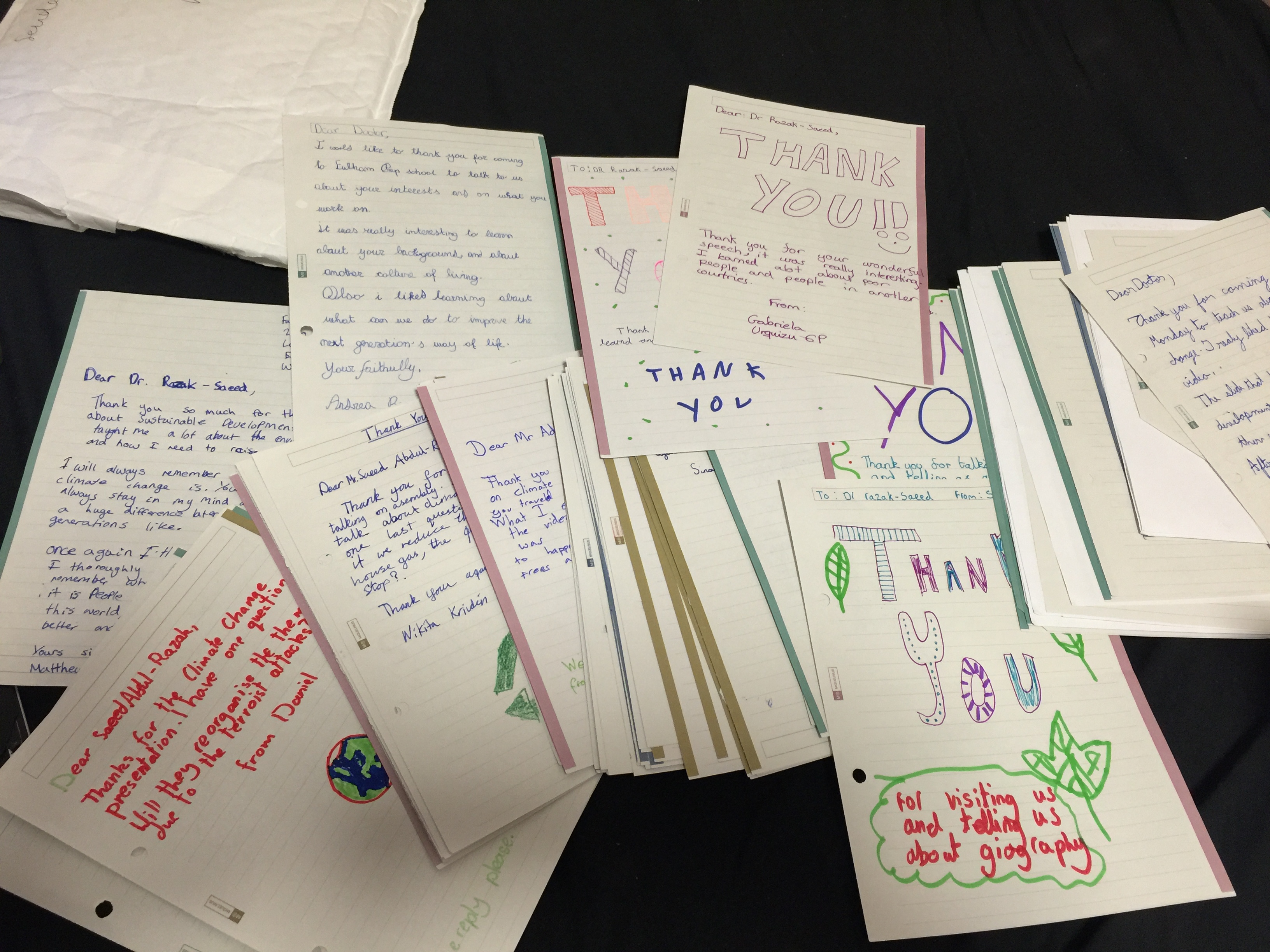By Georgina Smith, Rhys Bolt, Robyn Plummer, Alan Monk and Eleanor Wright
A group of five second year students have been set the task of investigating how people use fertilisers and pesticides in their gardens and allotments and the impact on soil fertility as part of a 20 credit real-life environmental consultancy module on the BSc Environmental Science and Geography degree programmes. This study will focus on the Earley area, which is located within the Loddon catchment.
How will this research help the wider community? This is an ideal opportunity for residents to get their soil tested for free. Phosphorus, nitrogen, pH and organic matter will be measured. All factors are important for plant growth, and therefore knowing these soil properties will help residents understand their current soil fertility to inform their choices about the amount of fertiliser to apply.
How will students use the data? The data obtained from the door-to-door survey and the analysis of soil samples will provide the students with information to produce quality analysis of soil in gardens in Earley and further information on the level of fertiliser and pesticide use. Soil fertility will be compared to soil samples collected from the University of Reading farm at Arborfield to see if gardens are more or less fertile than farmers’ fields used for crop production. It is important to stress that all data will be anonymised and presented as aggregated values for the area, as strict data protection procedures in place.
“This is an exciting project as we know almost nothing about soil fertility, fertiliser and pesticide use within people’s gardens and allotments” says Dr Joanna Clark, module convenor. Many urban areas were not mapped when the Soil Survey produced soil maps for England and Wales. Gardens and allotments are not subject to the same regulatory controls as agricultural land.
The project is being run in collaboration with Hampshire and Isle of Weight Wildlife Trust (HIWWT) who host the Loddon Catchment Partnership (LCP). The LCP is part of a national network of Catchment Partnerships established to enable communities to take action to improve the quality of their water environment.
Please get in touch with Dr Joanna Clark (j.m.clark@reading.ac.uk) if you live in Earley and would like to take part in the survey.




